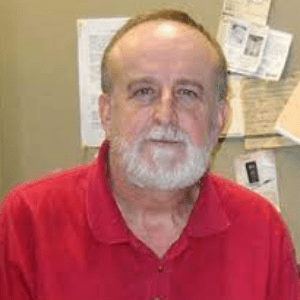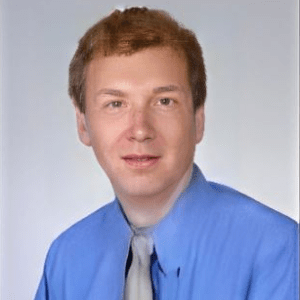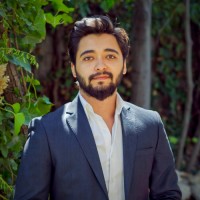Neurodegenerative Diseases and Stress Conference
Home/ Scientific Sessions / Neurodegenerative Diseases and Stress Conference
Neurodegeneractive Diseases
A type of disease within CNS cells stops functioning or dying. Brain cells are jointly connected and miscommunication in one area can further disrupt brain functions, stating that brain disorders can result in broader issues. Even though there are many illness and diseases that can affect the brain, the most complex of these diseases is called Neurodegeneractive disease. These diseases can affect a person’s movement, speech, memory, intelligence and more. Such diseases are so complex, such that root cause remain questionable. Neurodegeneractive disorders usually become unfavorable over time and with no healing. They can be genetic or due to a malignanacy or stroke. They also occur in individuals who consume large amounts of alcohol or are exposed to some viruses or toxins.
Example
- Alzheimer’s disease and other dementia
- Parkinson’s disease and PD-related disorder
- Prion disease
- Motor neurone disease
- Huntington’s disease
- Spinocerebellar ataxia
- Spinal muscular atrophy
Stress
Stress is the body’s natural response to pressure, challenges, or demands. Chronic stress can lead to physical problems like headaches, sleep issues, high blood pressure, and a weak immune system. It can also affect mental health, causing anxiety, depression, and mood swings. Managing stress is important for staying healthy. Stress can be caused by normal life activities or any phenomenon, such as injury or disease. Long -term stress or high levels of stress can lead to mental and physical health problems.
Types
- Acute Stress
- Episodic acute stress
- Chronic stress
Related Sessions
1.Alzheimers and Parkinsons Diseases
2.Neuroimmunology and Neurological Infections
3 – Cognitive Neuroscience and Psychology
4 – Neuroinformatics and Computational Neuroscience
5 – Neurological Disorders
6 – Neurobiology
7 – Molecular Neuroscience
8 – Pediatric Neurology
9 – Clinical Neurology
10 – Translational Neurology
11 – Neurogenetics
12 – Neurodegenerative Diseases
13 – Neuropsychiatry
14 – Neuroscience Research
15 – Neuropharmacology and Novel Drug Development
16 – Neurological Interventions and Surgery
17 – Artificial Intelligence in Neurology and Neurosurgery
18 – Neuro-ophthalmology and Auditory Neurology
19 – Aging and Neurology
20 – Brain Tumors and Neuro-Oncology
21 – Stroke Diagnosis and Management
22 – Epilepsy and Seizure Disorders
23 – Psychiatric and Behavioral Disorders
24 – Neurovascular Disorders
25 – Neurology and Systemic Disorders
26 – Neurodevelopmental Disorders
27 – Cognitive and Memory Disorders
28 – Neuroinflammation and Brain Disorders
29 – Neurological Rehabilitation
31 – Trauma and Neurocritical Care
33 – Cellular and Systems Neuroscience
35 – Advances in Neuroimaging Techniques
37 – Rare and Complex Brain Disorders
30 – Global Challenges and Public Health
32 – Neurotoxicology
34 – Behavioral Neuroscience and Social Neuroscience
36 – Addiction and Mental Health
Scientific Program
Keynote Speaker – Dr. Zhenhuan LIU (Oral Presentation – In-Person)
Nanhai Maternity and Children Hospital Affiliated to Guangzhou University of Chinese Medicine, China
Keynote Speaker – Dr. Magda Tsolaki – Oral Presentation (Virtual)
Emeritus Professor of Neurology, Aristotle Univesrsity of Thessaloniki, Makedonia, Greece, Chair of the Greek Federation of Alzheimer’s Disease
Keynote Speaker – Dr. Tatsuro Mutoh, MD, PhD, FAAN – Oral Presentation (In-Person)
Department of Neurology, Fujita Health University Hospital, Toyoake, Aichi, Japan
Committee Members

Kenneth B Storey
Carleton University, Canada

Kindy Mark
University of South Florida, United

Thomas J Webster
Interstellar Therapeutics, United States
Tags




